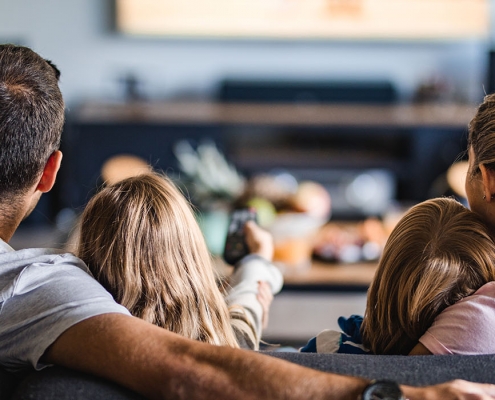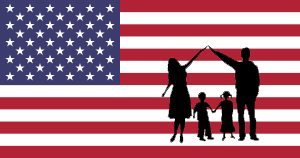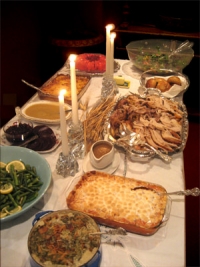Tag Archive for: wisdom

That’s Not How We Do It in Our Family
Over the years our children have come home and said things like, “You know, Eric’s family watches TV during dinner.” To which we would respond. “That’s nice, but that’s not how we do it in our family.”
Our response served two…

Patriotic Parenting – Making America Great Again
Do it by raising great children. A “great” country needs great citizens… and building great citizens begins with focused and responsible parenting. Here are 5 ways that I believe patriotic parents can raise intelligent, inspired…

Building A Happy Family – 3 New Lessons
Even though I've written a book about parenting, the process of building a happy family continues to evolve, and after raising four children over a period of thirty-six years, there are a few things that stand out as lessons learned. Here…

Post Inauguration Parenting – 8 Simple Tips
After saying farewell to President Obama, one of the best parenting examples I could have ever wanted, I, like many others am dealing with the inauguration of President Trump. I am optimistic that the enormous responsibility the…

Prescription For a Happy Thanksgiving
There’s been a lot of complaining going on recently… the unknown (election), the weather (extreme), the world (wars, immigration, Brexit).
It’s so bad even Kanye can’t handle it.
But tomorrow is Thanksgiving, and earlier today I decided…

Our Son Says “We’re Pregnant!”
Our son Ben recently called and said “We’re pregnant!” JoAnn, my wife, was very quick to point out that Ben’s wife, Kelsie is pregnant and that they are having a baby. After all, JoAnn asks, “Is Ben nauseous all the time?” “Are…

Self-Respect – A Key Parenting Ingredient
Teaching our children respect for others starts with teaching them respect for us, and this can be done without sacrificing our children's individuality or personal development. First, we have to believe in the importance of our role as parents,…

Three Important Parenting Questions
As JoAnn and I began navigating the parenting waters, we found that, in the process of defining our values, we were also determining some basic rules for running the family ship "our way." These were our first three basic questions:
Is…

Please Participate in This Relationship Survey
Every relationship is different - and there are key elements in successful (and unsuccessful) marriages that I'm trying to identify for my next book. By taking Part 1 of this quick, ten-minute, survey you would be helping me identify some…

38 Years Later…What’s the Marriage Secret?
Today my wife, JoAnn, and I are celebrating the thirty-eighth anniversary of our marriage. I’m not bragging… frankly, I’m amazed.
Everyone asks, “What’s the secret?” I'll attempt to explain in a moment.
Now that we have grown…
